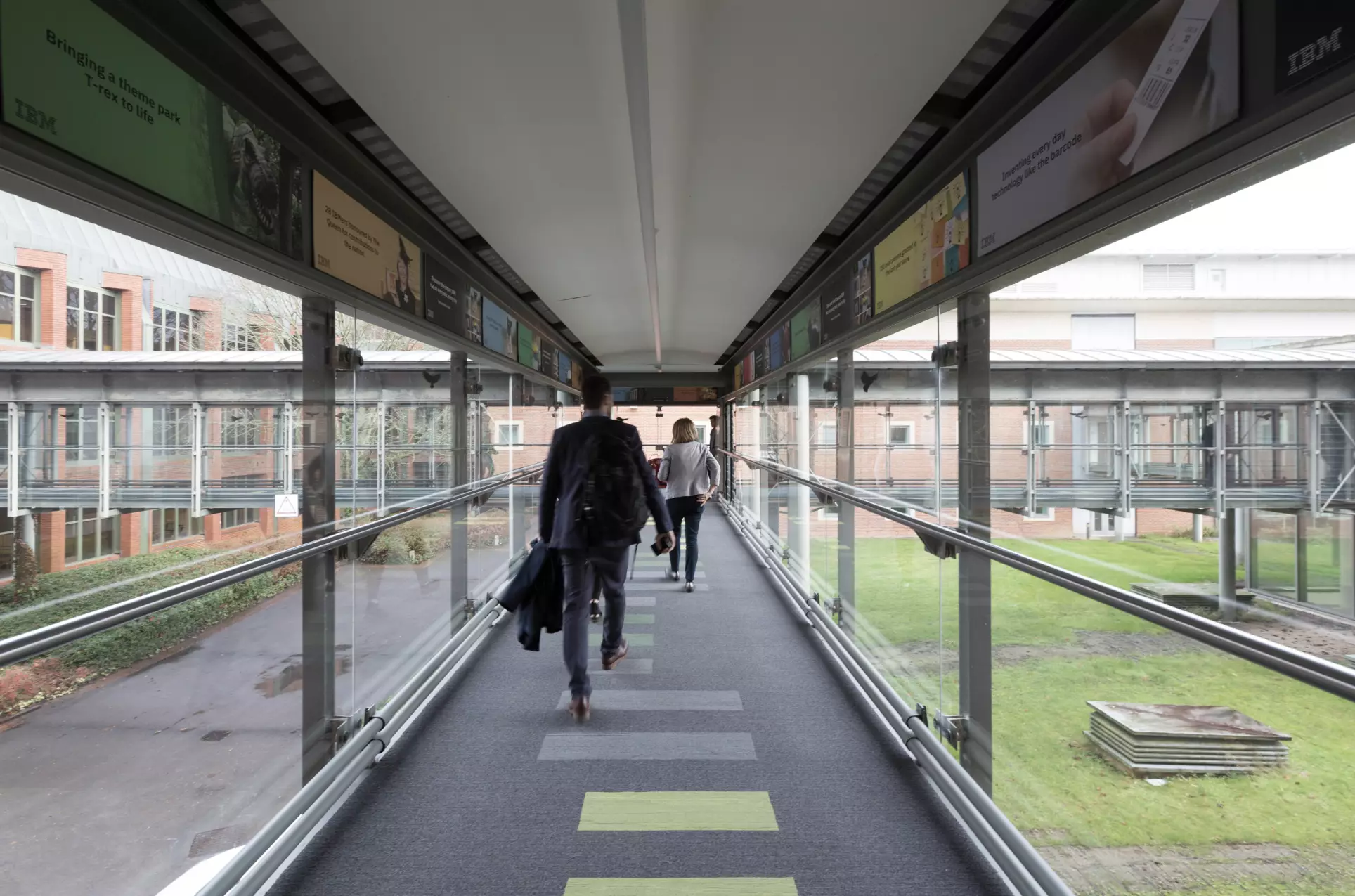This paper draws together the comments, questions and ideas of those we spoke to. It summarises:
- participants’ perceptions of the Solent Freeport;
- the opportunities they consider it creates;
- the challenges which they believe must be met if it is to work for the region as a whole; and
- their view of the risks it poses.
We have included some direct quotes from participants, in quotation marks and italic text, but do not attribute any specific comments or opinions.
The paper ends by summarising suggestions made for further actions based on contributions made. Whilst we have sought to capture participants’ views, the responsibility for the way in which they are articulated here lies with the SPC.
The Solent Freeport is not intended to simply benefit those with a direct stake in designated tax and custom sites, but to offer opportunities for businesses beyond those narrow boundaries. The policy vision is of a freeport which also tackles weaknesses in local infrastructure, local skills gaps or other barriers to growth.
Blake Morgan has commissioned the Southern Policy Centre to explore with local businesses how these wider benefits can be realised as the Solent Freeport is planned and established. This policy paper reflects conversations held at a breakfast seminar in December 2022, together with interviews held with a number of local businesspeople from across South Hampshire and the Bournemouth/Poole area.
In March 2021 the Government announced their decision to support the Solent Freeport as one of eight proposed across England. Final approval, together with some funding support, was given in December 2022. The initiative is designed to stimulate the local economy and tackle regional inequalities by encouraging investment in sites which offer tax and custom incentives to businesses.
This paper draws together the comments, questions and ideas of those we spoke to. It summarises:
- participants’ perceptions of the Solent Freeport;
- the opportunities they consider it creates;
- the challenges which they believe must be met if it is to work for the region as a whole; and
- their view of the risks it poses.
We have included some direct quotes from participants, in quotation marks and italic text, but do not attribute any specific comments or opinions.
The paper ends by summarising suggestions made for further actions based on contributions made. Whilst we have sought to capture participants’ views, the responsibility for the way in which they are articulated here lies with the SPC.
The Solent Freeport is not intended to simply benefit those with a direct stake in designated tax and custom sites, but to offer opportunities for businesses beyond those narrow boundaries. The policy vision is of a freeport which also tackles weaknesses in local infrastructure, local skills gaps or other barriers to growth.
Blake Morgan has commissioned the Southern Policy Centre to explore with local businesses how these wider benefits can be realised as the Solent Freeport is planned and established. This policy paper reflects conversations held at a breakfast seminar in December 2022, together with interviews held with a number of local businesspeople from across South Hampshire and the Bournemouth/Poole area.
In March 2021 the Government announced their decision to support the Solent Freeport as one of eight proposed across England. Final approval, together with some funding support, was given in December 2022. The initiative is designed to stimulate the local economy and tackle regional inequalities by encouraging investment in sites which offer tax and custom incentives to businesses.
